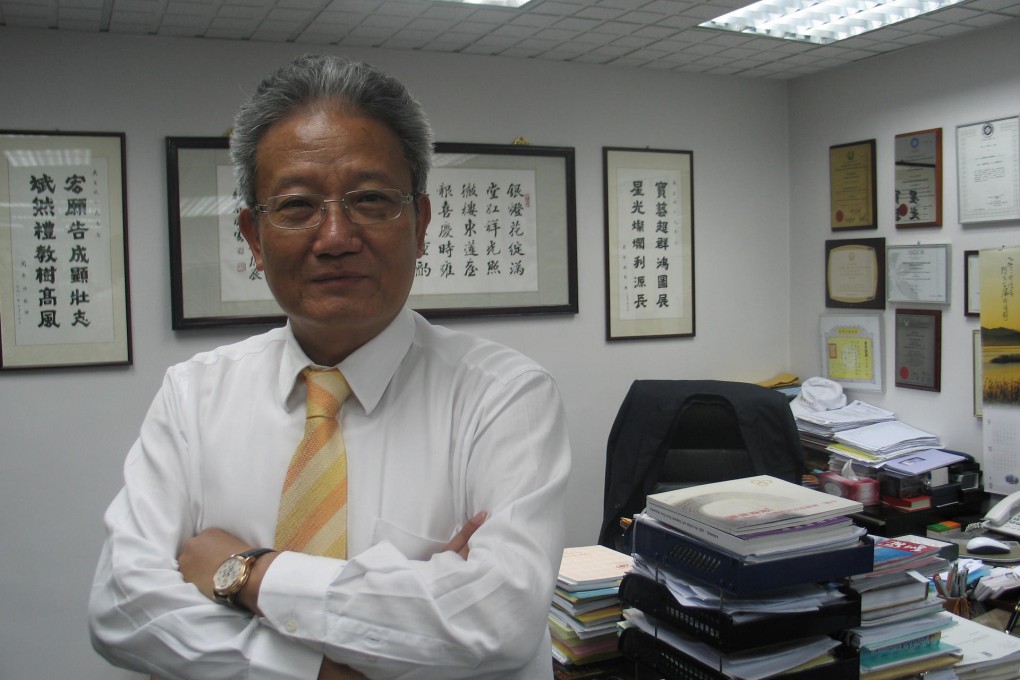Ethiopian representative in Hong Kong a staunch defender of controversial ivory trade
Honorary consul says destroying the stockpile would end 'precious tradition' of ivory carving

Ethiopia's diplomatic representative in Hong Kong has emerged as one of the city's most outspoken defenders of the ivory trade, despite the East African nation's efforts to stem the flow of "white gold" across its borders.
Dennis Ng Wang-pun heads up the Ethiopian diplomatic office in Hong Kong, based in the Hung Hom premises of his company Polaris, a jeweller that previously traded in ivory.
Both the business and the consulate share the same fax number, according to the company website and that of the Hong Kong government's protocol division.
Ethiopian capital Addis Ababa is a key transit point for ivory leaving Africa en route to Asia and last year authorities there arrested 106 people in connection with illegal ivory trafficking - nearly all of them mainland Chinese transit passengers.
The Ethiopian government has made stringent efforts to stop the trade, including hosting workshops for Chinese citizens living in Africa and publicly incinerating its entire 6.1-tonne ivory stockpile.
However, documents seen by the Sunday Morning Post reveal Ng as an outspoken opponent of destroying seized ivory, as well as banning the trade.